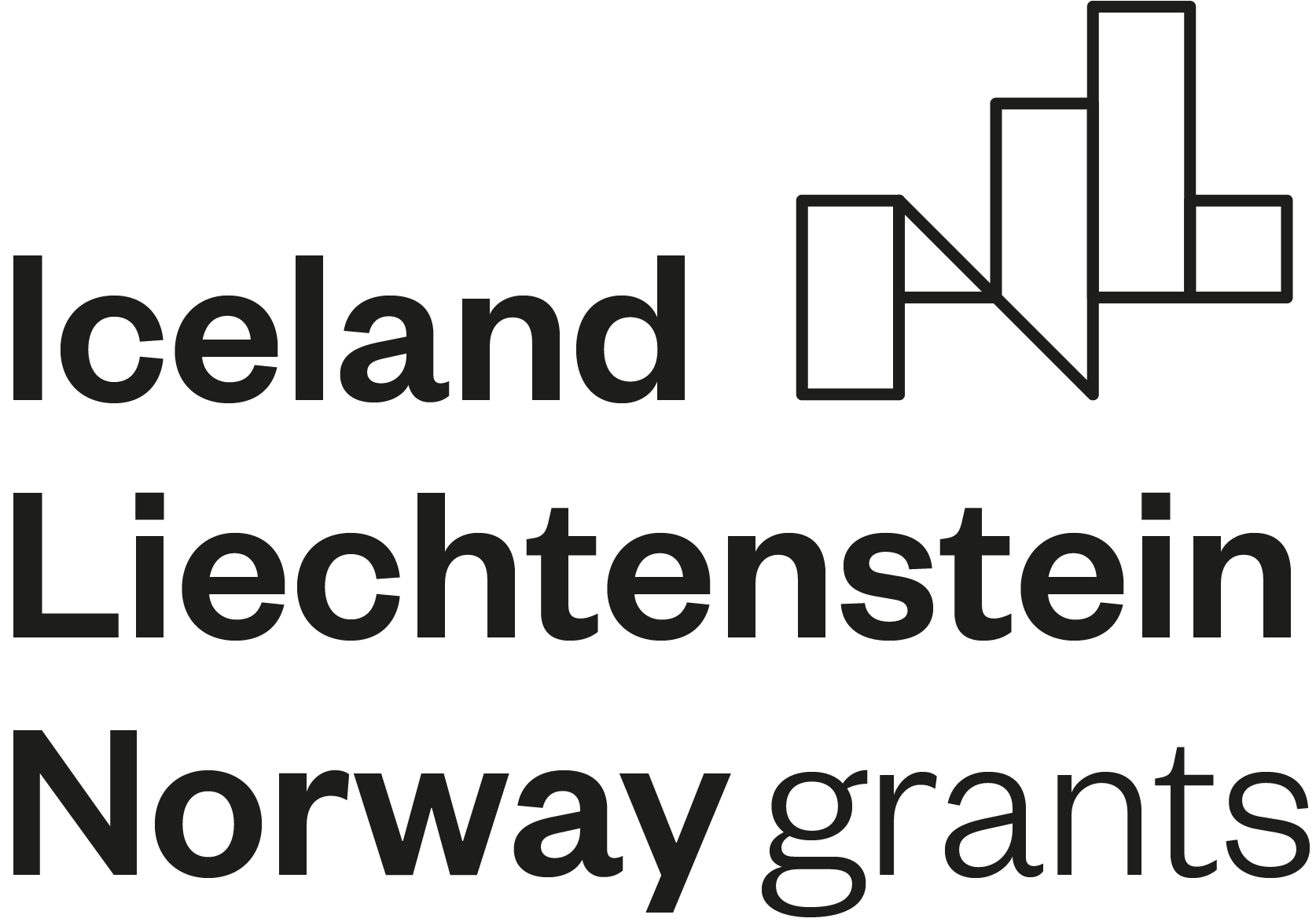The Best Price-Quality Ratio in a nutshell
In the European understanding of public procurement, the best price-quality ratio belongs to the so called MEAT criteria group (most economically advantageous tender). From the viewpoint of the Directive 2014/24/EU of the European Parliament and of the Council of 26 February 2014 on public procurement and repealing Directive 2004/18/EC (hereinafter referred to as „Directive 2014/24“), they are part of the preferred method, resp. the evaluation criteria for submitted tenders.
This criterion is based on an assessment of the actual needs of the contracting authority or entity in relation to the contract subject and the purpose to be achieved and to identify specific sub-criteria, which can in principle be divided into two main categories, cost criteria and non-cost criteria.
It follows from the nature of the naming of this criterion that the cost criterion is a price which can be fixed or in the form of costs. On the other hand, non-cost sub-criteria should form the basis and essence of the application of this type of criterion to the evaluation of tenders. The PPA states that such sub-criteria may be of a qualitative, environmental or social nature. In general, they can be classified on the basis of other common features, namely:
- quality, properties, resp. characteristics of the contract subject,
- experience and quality of employees, which shall actively participate in the performance of the contract subject,
- post-warranty service and technical assistance.
It should be noted that the sub-criteria specified in the Act are only of a general and recommendatory nature. They cannot be taken strictly by analogy and another quality criterion can be set while respecting the basic principles of public procurement and the criterion related to the contract subject. On the other hand, however, the PPA exhaustively sets out the facts that cannot be determined as sub-criteria. These are the length of the guarantee, the share of subcontracts and the institutes ensuring the contractual performance.



